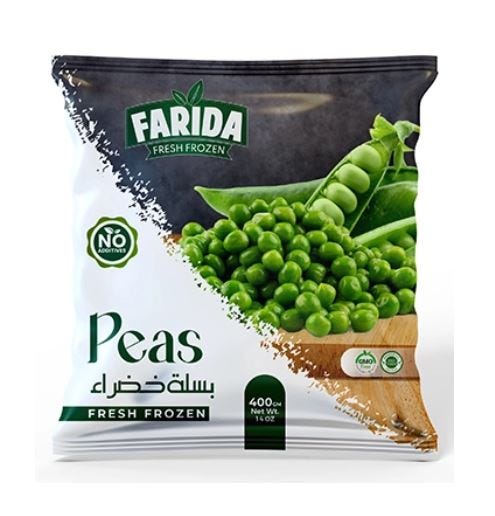Future of Frozen Food Exports and Expanding Bulk Fruit Supply Chains
Understanding the Global Market for Frozen Food Exports
The global demand for frozen food exports has grown rapidly due to evolving consumer habits, advancements in cold storage, and the convenience frozen products offer. Frozen food covers a wide spectrum including fruits, vegetables, seafood, meat, poultry, and ready meals. It ensures year-round access to seasonal produce while supporting international trade and food security. With increasing urbanization and lifestyle changes, frozen food has become an essential part of the global supply chain.

Key Benefits of Frozen Food Exports
Frozen food exports provide a reliable way to connect producers with international markets while ensuring food quality and safety. They extend shelf life, preserve nutrients, and make seasonal produce available all year. Additionally, they help reduce food waste and provide cost efficiency for large-scale distributors and retailers. The freezing process inhibits bacterial growth, maintaining safety standards for global consumers and enabling smooth cross-border trade.
Role of Bulk Frozen Fruit Suppliers in the Global Market
The role of bulk frozen fruit suppliers is central in connecting farmers with global distributors. These suppliers are responsible for sourcing fruits, processing them under strict hygiene standards, and preparing them for international delivery. Their ability to manage large volumes, ensure consistent quality, and provide packaging that suits bulk transportation makes them a crucial link in the supply chain.
Why Bulk Frozen Fruits Are in High Demand
Modern freezing technologies like Individually Quick Frozen (IQF) have transformed perceptions of frozen fruits. Today, they are considered just as nutritious and flavorful as fresh produce. Bulk frozen fruit suppliers cater to multiple sectors, including beverage companies, dairy producers, restaurants, and retail chains. The global health trend has also boosted the popularity of frozen fruits, as they provide consumers with easy access to wholesome ingredients that fit into busy lifestyles.
Challenges in Frozen Food Exports and Supplier Networks
While opportunities are abundant, both frozen food exports and bulk frozen fruit suppliers encounter notable challenges. Maintaining cold chain infrastructure is essential to avoid product spoilage during transit. Regulatory compliance adds another layer of complexity, as import regulations vary across countries. Rising logistics costs and intense market competition also affect profit margins.
Future Trends in Frozen Food Exports and Bulk Fruit Supply
The future of frozen food exports is strongly influenced by sustainability, technology, and consumer demand. Suppliers are shifting towards eco-friendly packaging and expanding into emerging markets where rising middle-class populations seek convenient and affordable options. Premium organic frozen fruits are gaining traction, and digital platforms are revolutionizing supply chain management with better monitoring and tracking.
Key Future Trends:
- Sustainable and eco-friendly packaging solutions.
- Expanding trade in emerging economies.
- Increased demand for premium and organic frozen products.
- Digitalization to streamline logistics and supply chain efficiency.
How Businesses Can Benefit from Frozen Food Exports
For businesses, entering the frozen food export sector opens opportunities for international growth. Companies gain access to global markets, diversify their revenue streams, and establish long-term partnerships with wholesalers, retailers, and distributors. Collaborating with bulk frozen fruit suppliers ensures a steady supply of high-quality products while meeting the growing demand for convenient and nutritious food worldwide.
Conclusion
The rising demand for frozen food exports and the vital role of bulk frozen fruit suppliers underline the importance of this sector in global food trade. With innovations in preservation technology, improved logistics, and a steady increase in consumer demand for nutritious and convenient products, frozen foods will continue to shape the future of international commerce.
FAQs
Q1: Why are bulk frozen fruits becoming more popular?
They offer year-round availability, retain nutrients, and provide a convenient solution for businesses and consumers.
Q2: What is the main challenge in frozen food exports?
Maintaining cold chain logistics and meeting international regulations are the biggest challenges.
Comments
Post a Comment